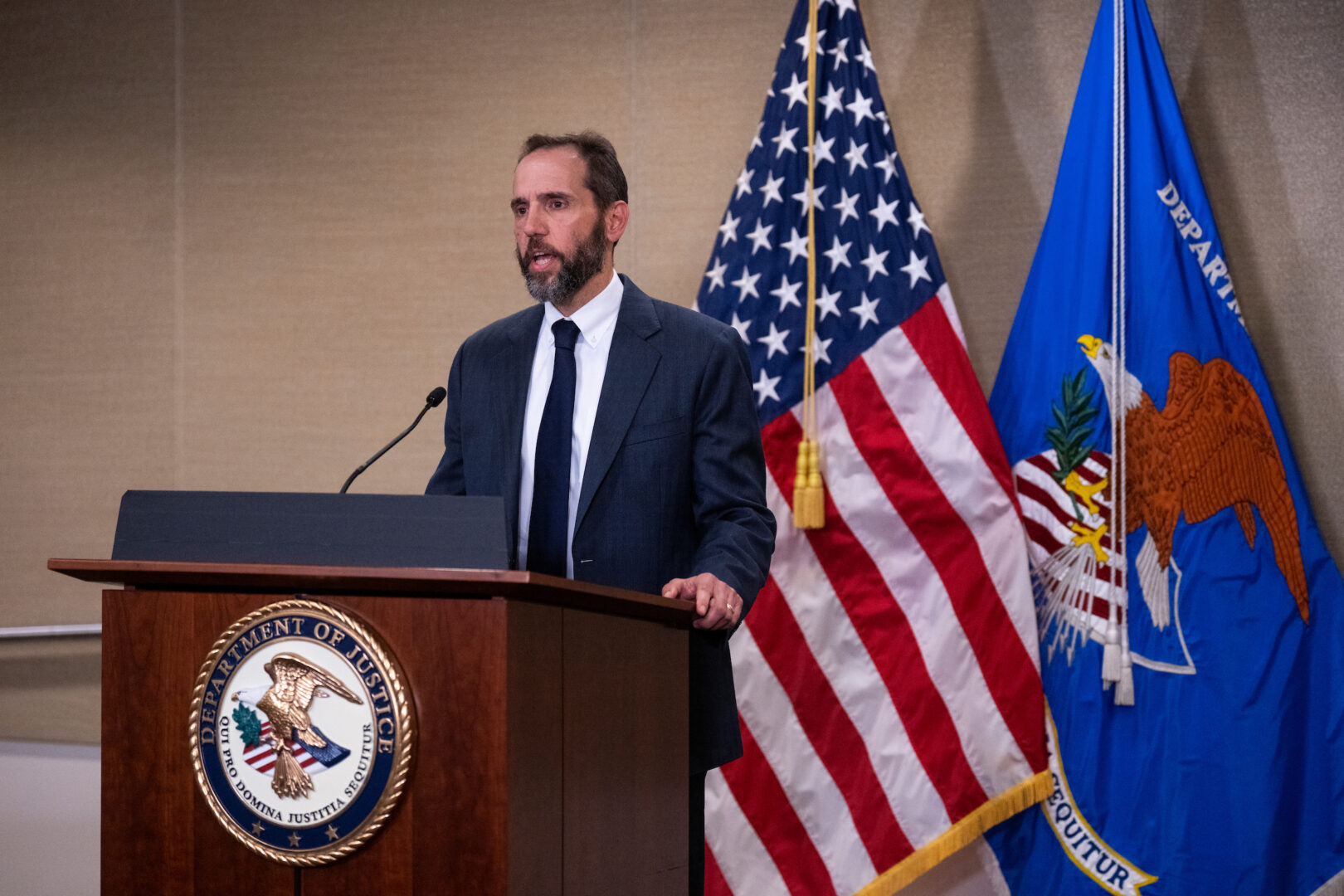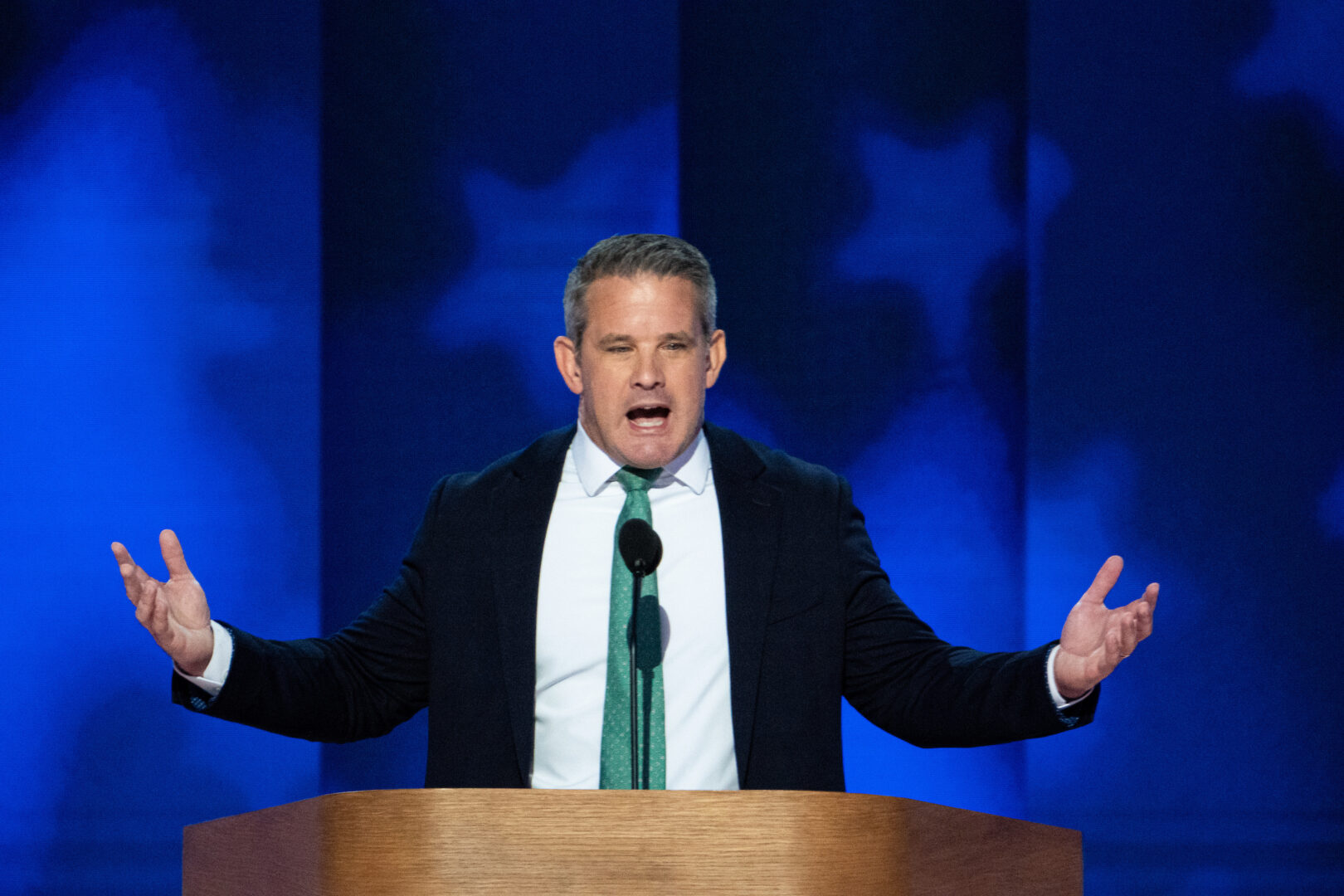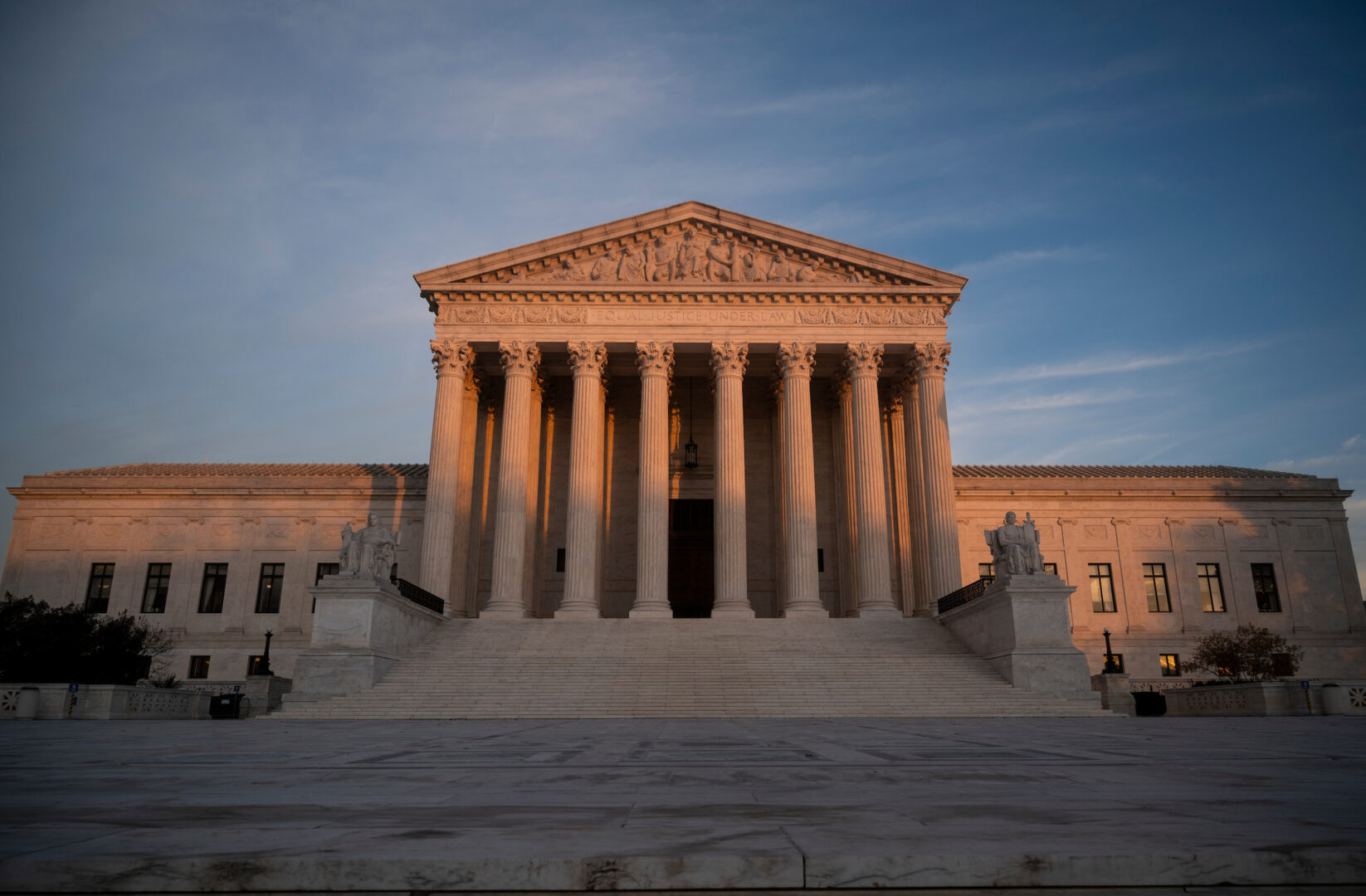Florida federal judge tosses out Trump classified documents case
Aileen Cannon, a Trump appointee, ruled the appointment of special counsel was unconstitutional

A Florida federal judge dismissed the case against former President Donald Trump that alleges he mishandled classified documents after his first term, finding on Monday that the special counsel handling the case was appointed unconstitutionally.
U.S. District Judge Aileen Cannon, a Trump appointee, said in Monday’s order that Attorney General Merrick B. Garland does not have the authority to appoint special counsel John L. “Jack” Smith to handle the allegations against Trump. The order to dismiss the indictment is the latest in a series of setbacks for the prosecutions of the former president, including a Supreme Court decision earlier this month that granted broad immunity to presidents for “official acts” they take in office.
Cannon wrote that no federal law “gives the Attorney General broad inferior-officer appointing power or bestows upon him the right to appoint a federal officer with the kind of prosecutorial power wielded by Special Counsel Smith.” And she wrote that the Appointments Clause of the Constitution “sets as a default rule” that all officers of the United States must be appointed by the president and confirmed by the Senate, such as a U.S. attorney.
“If the political branches wish to grant the Attorney General power to appoint Special Counsel Smith to investigate and prosecute this action with the full powers of a United States Attorney, there is a valid means by which to do so,” Cannon wrote.
Cannon’s decision echoes arguments made by Justice Clarence Thomas in a solo concurring opinion in the Trump immunity decision, which criticized the constitutionality of Smith’s appointment.
“If there is no law establishing the office that the Special Counsel occupies, then he cannot proceed with this prosecution,” Thomas wrote. “A private citizen cannot criminally prosecute anyone, let alone a former President.”
Justice Department spokesman Peter Carr said in an email that the ruling “deviates” from the rulings of other courts that have upheld the appointment of the special counsel. Carr also said the DOJ had authorized Smith to appeal the ruling.
In court papers, Smith argued that federal appropriations law created a special counsel, which is funded through permanent indefinite appropriations, and that an attorney general has broad authority to appoint attorneys who can carry out law enforcement.
Garland appointed Smith to handle federal grand jury investigations against Trump in Florida and the District of Columbia in 2022, after Trump’s announcement of his reelection campaign. Smith, a veteran federal prosecutor, most recently had worked as chief prosecutor at the special court in The Hague, prosecuting war crimes in Kosovo.
Cannon heard several days of arguments over Smith’s appointment last month before issuing the decision. Trump made a similar argument in the case Smith brought in Washington alleging he committed crimes as part of his bid to overturn the 2020 presidential election but was rebuffed by the trial judge there.
Trump celebrated the dismissal of the indictment Monday in a post on his social media site Truth Social, and he leveraged the attempted assassination against him Saturday to argue that prosecutors should dismiss the other “election interference” prosecutions against him.
“The Democrat Justice Department coordinated ALL of these Political Attacks, which are an Election Interference conspiracy against Joe Biden’s Political Opponent, ME,” Trump posted.
Senate Majority Leader Charles E. Schumer criticized the ruling in a statement Monday and argued that Cannon should no longer be handling the case.
“This breathtakingly misguided ruling flies in the face of long-accepted practice and repetitive judicial precedence. It is wrong on the law and must be appealed immediately,” Schumer said.
Smith unveiled the indictment against Trump in Florida last year, alleging that the former president illegally kept highly classified documents at his private club, Mar-a-Lago, following the end of his presidency. Court documents alleged that Trump had kept some of the nation’s closest secrets, including military plans and information about nuclear powers, in unsecured areas of the club.
Cannon has ruled against Smith multiple times over the course of the case, including striking several allegations from the indictment. Prior to the indictment, Cannon also ruled against the government over its 2022 search of Mar-a-Lago, a decision ultimately overturned by a three-judge panel of the U.S. Court of Appeals for the 11th Circuit.





